We long for a good life and look up to Dr Ambedkar to lead us to the path of an ideal society that shall be conducive to the welfare of all. What is an ideal society? Dr Ambedkar had answered this question explicitly: “If you ask me, my ideal would be a society based on liberty, equality and fraternity.” Dr Ambedkar later enshrined these ideals in the constitution that we, the people of India, gave to ourselves on 26 January 1950. More than a couple of centuries before Baba Saheb gave a clarion call for an ideal society, Guru Gobind Singh, the tenth Guru of Sikhs, had already founded such a society in the form of Khalsa.
Khalsa is both a way of life as well a model of governance. By establishing Khalsa, Guru Gobind Singh sought to design a modern social order that will defeat caste and the accompanying social injustices that have been a defining feature of our society. In its architecture and spirit, Khalsa is a world-class inclusive fraternity denoted by democracy, egalitarianism, justice, equality, dignity, and patriotism. With emphasis on harmonious prosperity and cooperative living, Khalsa, is the template on which the modern welfare states have evolved. The Constitution of India to envisages a seamless, inclusive society like the Khalsa.
Guru Nanak’s golden principles, ‘Kirt karo, Vand Chako, Nam Japo’ are the 3 fundamentals of Khalsa. For every person, ‘Kirt’ is mandatory. There is no easy English translation of ‘Kirt’. Kirt doesn’t mean labour or slavery. Kirt embodies freedom, proficiency, excellence, enterprise, autonomy, and self-esteem. ‘Kirt’ is a comprehensive doctrine. Kirt guards society against sloth, the most dangerous termite that devastates societies. Sloth entails continuous disinclination to work or failure to do things that one should do. Sloth pulls humans away from good deeds, disregards knowledge, hinders humans in their righteous undertakings and leads them to ruin. A slothful person drifts along with law-breaking, violence and crime. Importantly, sloth induces economic distress. When humans avoid Kirt, economic distress sets in. With a diminished economy, basic needs of life are not met. Quality of life suffers. Poverty, disease, squalor, and crime become widespread. Disharmony and conflict in society become the order of the day. Those who do not work, suffer humiliation and indignity. They become vulnerable to vice.
Kirt is the antidote to sloth. But ‘Kirt’ faces threat from caste. Dr Ambedkar explains how caste weans people away from Kirt. To practice ‘Kirt’ devotedly, society must develop the capacity of an individual to the point of competency to choose and make one’s own choice of profession. This principle, according to Dr Ambedkar, is violated in the caste system as tasks are appointed to individuals not based on trained capacities but on their social origin. Dr Ambedkar further argues that under the caste system numerous persons are engaged in professions that make no appeal to them. Generations after generations are engaged in degraded professions like scavenging, repairing shoes, labour, servants, and the like. These professions are historically regarded as demeaning and because of the slight and stigma attached to them, many shall prefer not to work than adopt these stigmatised, degraded professions. Dignity and esteem are therefore precondition for Kirt to flourish.
The principle of ‘Vand Chako’ or harmonious sharing is an empowering social vision encompassing inclusion, solidarity, participation, and contribution. It engrains the doctrine of amicable sharing of power, wealth, and opportunities. There can be no peace and prosperity if power, wealth, and opportunities remain concentrated in the hands of the few. Even the constitution of India through Articles 38 and 39 direct the Indian State to follow this golden rule. The third fundamental, Nam Japo, emphasises on building capabilities to identify, disseminate, and apply knowledge for human development. Dr Ambedkar and Amartya Sen also give the highest priority to education for self and group emancipation.
Deviation from Kirt, Harmonious sharing and Knowledge have adverse consequences as are observed in Punjab. Of late, the State has been suffering at the hands of 5 Demons, namely, Drugs, Immigration, Unemployment, Economic distress, and Extremism (atvad). Many political parties and Governments in the last few decades have attempted to remedy the problem but failed. The magnitude of drug forced migration, unemployment, economic distress, and extremism is continuously on the rise. The reason for their inability to check this menace lies in the wrong diagnosis. We have generally failed to recognise that erosion of Kirt, harmonious sharing and knowledge in Punjab is the root cause of all its ills.
Khalsa model of welfare state alone can redeem Punjab’s lost glory and prosperity. Kirt and knowledge (education) led society ought to be the first step in this direction. Government and society should create an enabling environment for Kirt. Aspirational jobs should be created. The capacity of everyone should be developed to the maximum, and each must choose to call of his choice. But it is important to add the caution that in a Kirt Pradhan Samaj, there can be no room for senseless freebies because freebies stifle incentive because freebies stifle opportunity, freebies stifle responsibility, freebies stifle contribution, and, above all, because freebies stifle Kirt. To position knowledge as the central pillar of the society maximum portion of the population must attain higher education and a vast majority of the population must have access to information and communication technologies and to the internet. Both individuals and the state ought to invest heavily in education.
A society in which Kirt, harmonious sharing and knowledge predominate is Khalsa. Such a society is Begumpura. Such a society is Ramrajya. Such a society was envisioned by Dr. Bhimrao Ambedkar. Such a society is envisaged by the constitution. Such a society is what you want. Such a society is what we all want. Let us begin with Punjab.
Writer: Dr Jagmohan Sing Raju, Fellow Cambridge University, UK, voluntarily retired from the IAS. He is a prominent BJP leader in Punjab. The views expressed in this essay are personal. He can be reached at jagmohansraju@yahoo.com







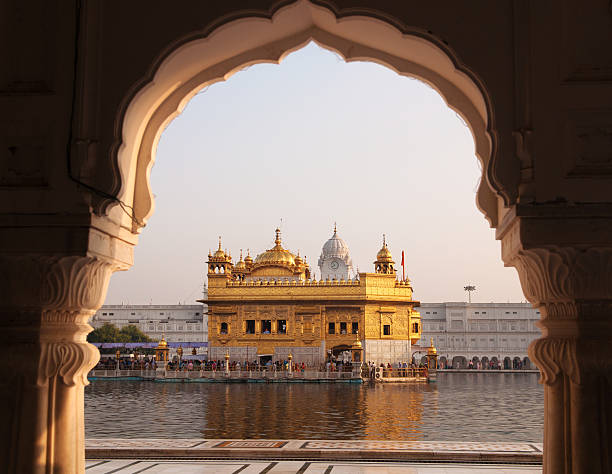
 OpinionExpress.In
OpinionExpress.In
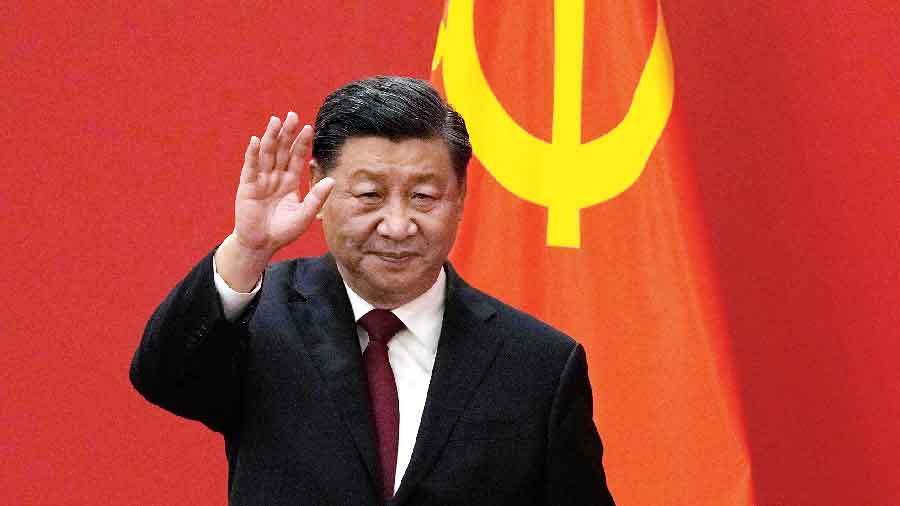

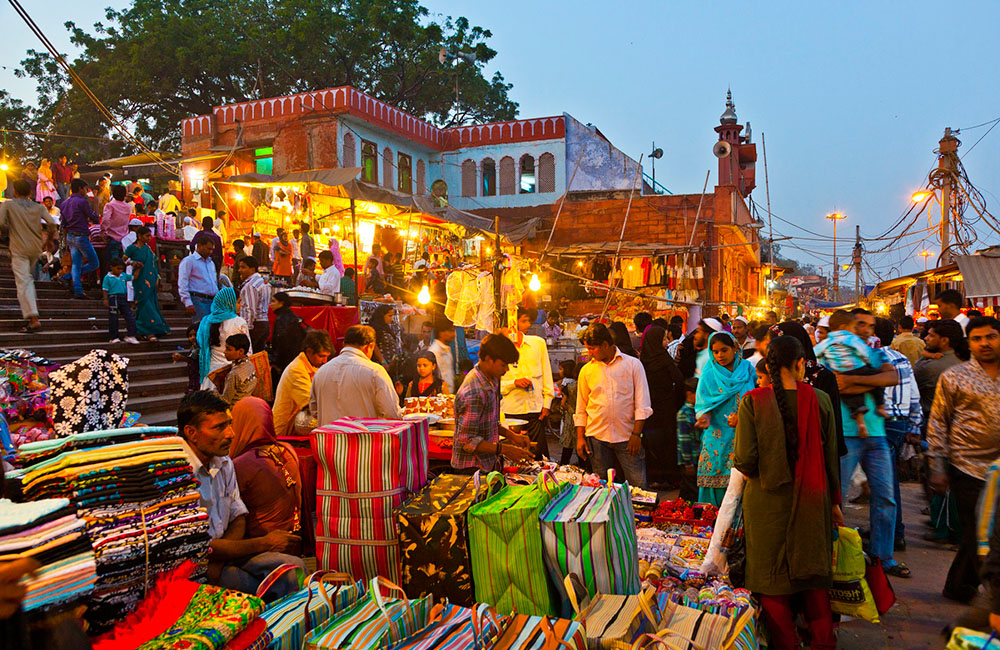
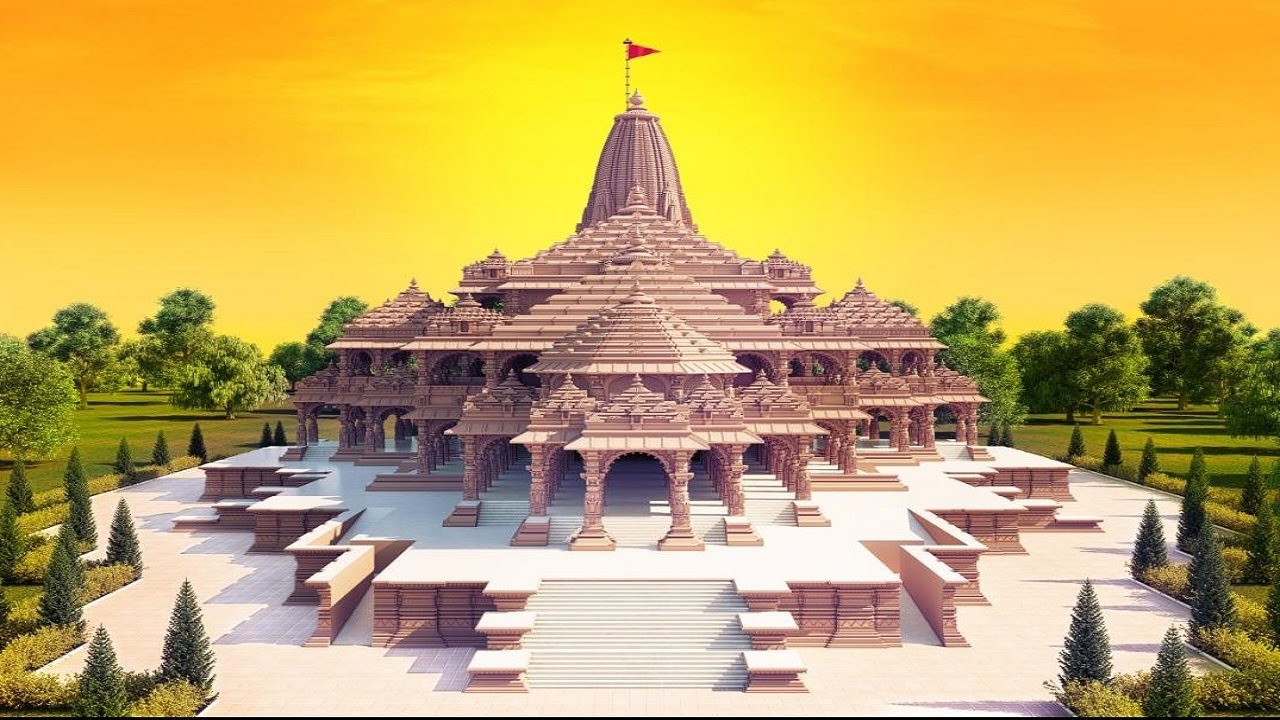
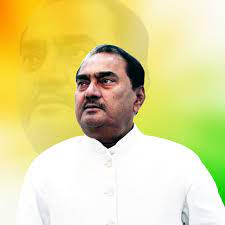
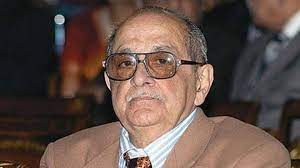
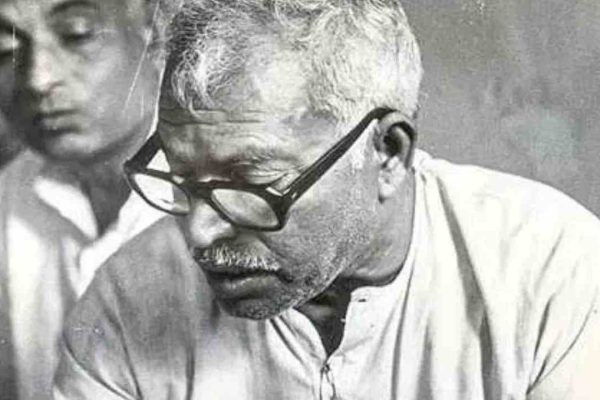
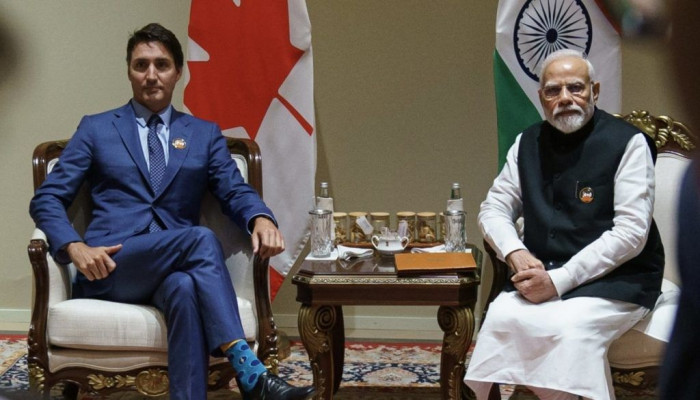
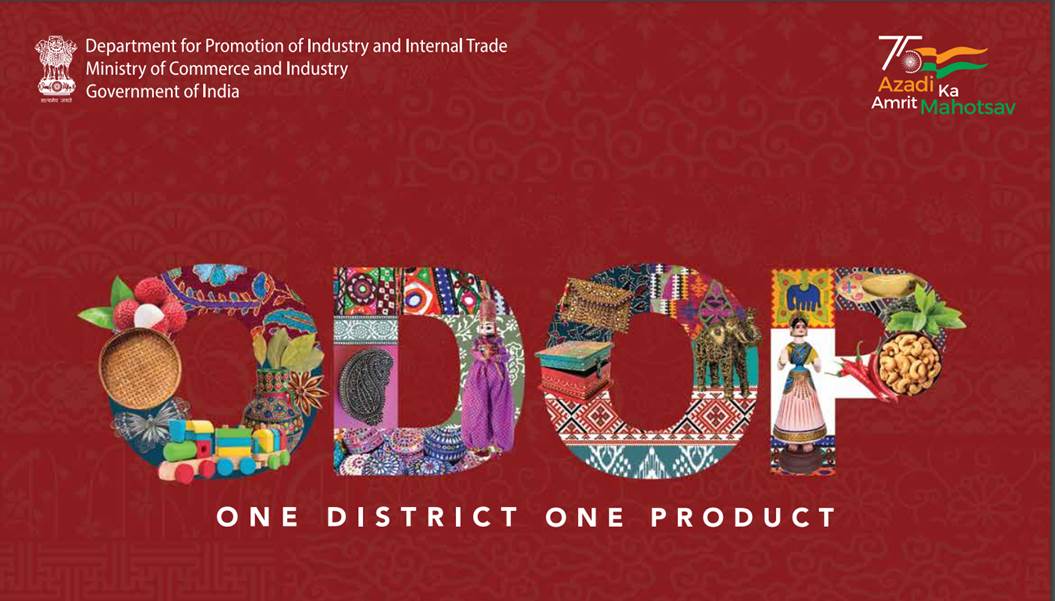






Comments (0)